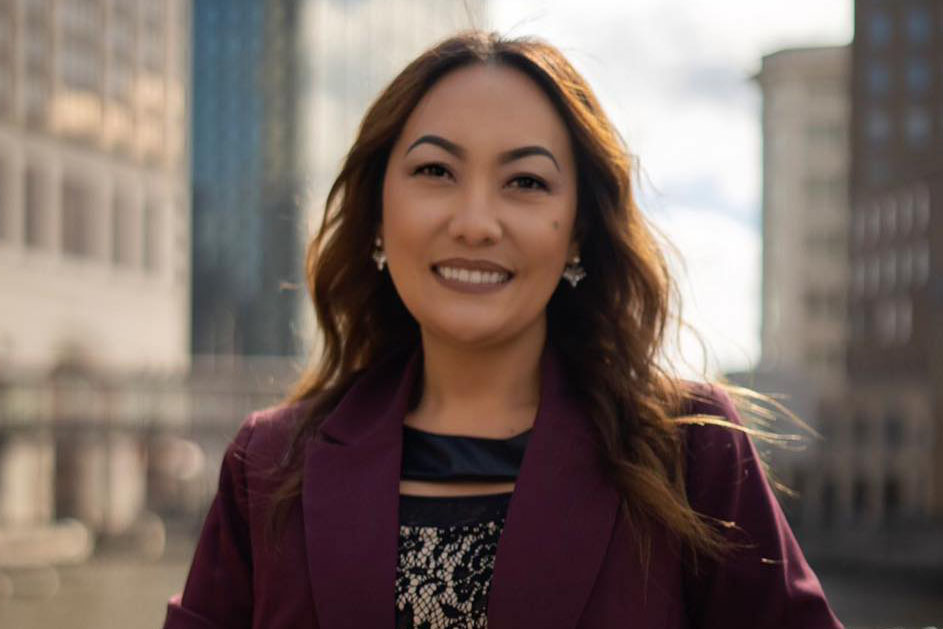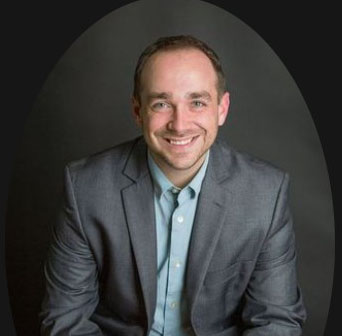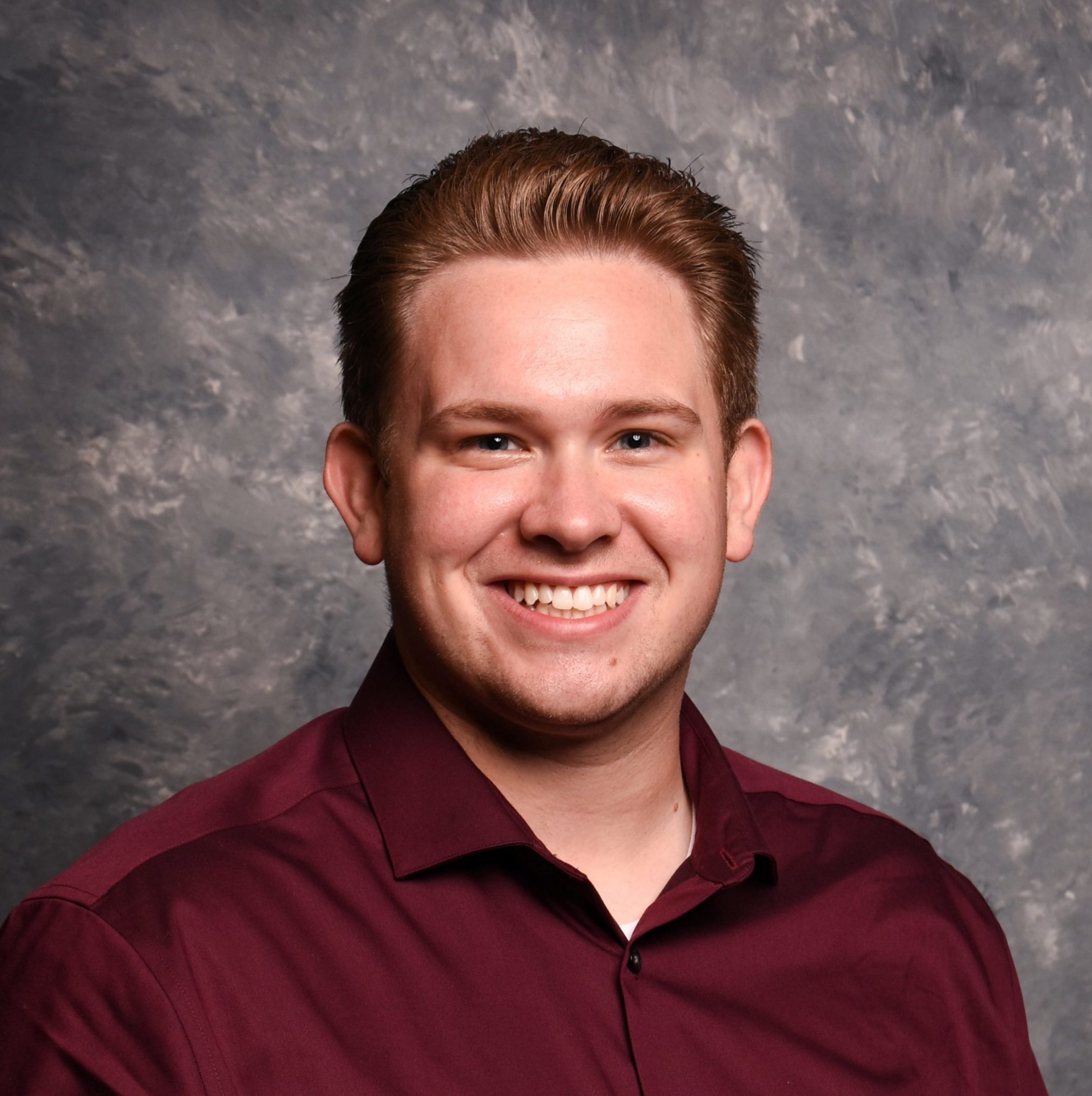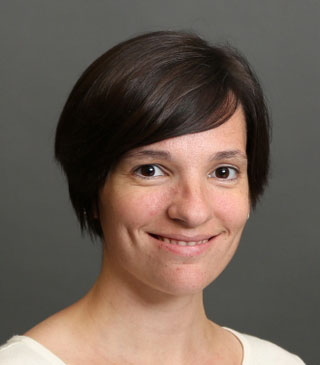Judicial Selection Advisory Committee aims to diversify judiciary
By: Michaela Paukner, [email protected]//September 22, 2020//
Judicial Selection Advisory Committee aims to diversify judiciary
By: Michaela Paukner, [email protected]//September 22, 2020//
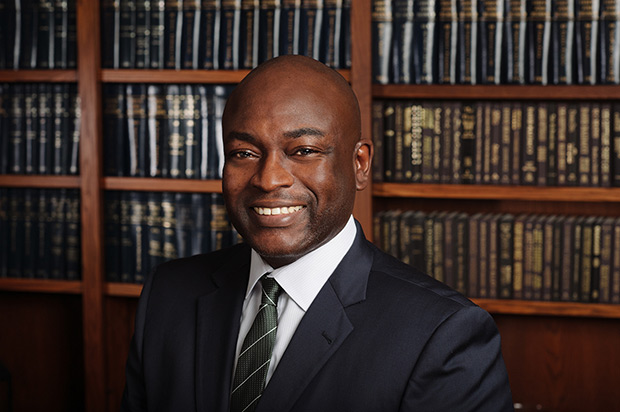
The pandemic this year has brought change not only to court operations in many parts of Wisconsin but also to the makeup of the courts themselves.
Gov. Tony Evers has appointed seven new circuit court judges so far this year. Although Evers has the final say on these appointment, he has an entire committee behind him helping to make the selections.
This task falls to the Governor’s Judicial Selection Advisory Committee, which is responsible for interviewing and recommending candidates for Evers to consider when filling judicial vacancies.
The 16 committee members are serving a four-year term that began in April 2019.
Odalo Ohiku, founder of the Law Office of Odalo J. Ohiku in Milwaukee, is one of the members. He said the group brings together people with a variety of backgrounds, ages, practice specialties and places of residence throughout the state.
“The purpose was to have a diverse range of people constitute the committee,” Ohiku said. “You have prosecutors, criminal defense attorneys, professors, people from the corporate world, personal-injury attorneys. There’s a pretty wide mixture.”
Ohiku said the committee so far has recommended 21 people who have been appointed to the bench — judges who themselves are a reflection of the state’s diversity.
“I think part of that stems from the makeup of the committee,” Ohiku said. “The committee is so diverse in terms of race, thought, background and experience. I would say the appointments represent that same level of diversity.”
Ohiku joined the Wisconsin Law Journal for an Asked & Answered webinar on Aug. 27 to discuss the committee’s role in the judicial-appointment process.
Wisconsin Law Journal: What is the process for recommending candidates to fill judicial vacancies?
Odalo Ohiku: Whenever there’s a judicial vacancy, there’s an application process. People interested in filling the vacancy submit their applications, and then the committee is charged with vetting the applicants. We have a pretty intense vetting process prior to interviewing any of the applicants. Then we interview the various applicants.
WLJ: What are you looking at when you’re going through the vetting stage, and then when you’re interviewing, what do you ask these potential candidates about?
Ohiku: When we’re when we’re going through the vetting process we’re looking for experience, and we’re looking for people who will make up a fairly good representation of what our society looks like. We’re looking for diversity of talent, diversity of experience, diversity of race, diversity of lifestyle, diversity of thought, and frankly, people who are going to be thoughtful while they’re on the bench and aware of what’s going on in our society.
WLJ: When Evers announced the committee’s membership, he said he was tapping into the experience of attorneys from around the state to ensure judicial appointees are “knowledgeable, thoughtful and fair.” Do you think the committee is a good representation of Wisconsin’s legal community and population?
Ohiku: I’m going to be perfectly honest with you. I absolutely love the makeup of the committee. Before the COVID-19 pandemic started, we were meeting fairly regularly in person. But when the pandemic hit, we basically stopped like the whole entire country did, and when I was away from them, I started missing them. The reason that I missed the people is because they are bright, intelligent, very personable and very down to earth. I would say in my heart of hearts, the committee is a good mixture of different backgrounds and viewpoints, and that’s what the governor wanted.
Sometimes politicians just say what they think people want to hear, but I can say in putting this committee together, the governor means what he said. He did what he said he’s going to do in terms of having people on this committee that look like our society and then make an appointment and reflect what our society actually looks like.
WLJ: That’s great to see, and ultimately our legal profession is so much better for it when we’re taking these kinds of steps.
Ohiku: Just putting my legal hat aside for now, it’s refreshing when you get to see different types of people like the bench. We’re not all one homogenous society. We have different types of people, different types of thinking. So when you go into courtrooms, and you see that they’re representative of what it looks like outside, it’s very refreshing because in a lot of communities, you don’t get any diversity. It’s refreshing to see people on the bench who actually reflect our society.
WLJ: How would someone go about getting involved with or being considered for appointment on the Governor’s Judicial Selection Committee?
Ohiku: You know what, that’s an internal secret. And if I said, I’d have to disappear (laughs). The committee right now is full, and as far as I know, there’s no one expecting to step off of the committee. But when it first was constituted, information was circulated in terms of people who wanted to serve on a committee, and then ultimately, the committee was put together so that it was representative of races, experience level, background, etc.
Legal News
- Wisconsin attorney loses law license, ordered to pay $16K fine
- Former Wisconsin police officer charged with 5 bestiality felony counts
- Judge reject’s Trump’s bid for a new trial in $83.3 million E. Jean Carroll defamation case
- Dozens of deaths reveal risks of injecting sedatives into people restrained by police
- The Latest: Supreme Court arguments conclude in Trump immunity case
- Net neutrality restored as FCC votes to regulate internet providers
- Wisconsin Attorney General asks Congress to expand reproductive health services
- Attorney General Kaul releases update at three-year anniversary of clergy and faith leader abuse initiative
- State Bar leaders remain deeply divided over special purpose trust
- Former Wisconsin college chancellor fired over porn career is fighting to keep his faculty post
- Pecker says he pledged to be Trump campaign’s ‘eyes and ears’ during 2016 race
- A conservative quest to limit diversity programs gains momentum in states
WLJ People
- Power 30 Personal Injury Attorneys – Russell Nicolet
- Power 30 Personal Injury Attorneys – Benjamin Nicolet
- Power 30 Personal Injury Attorneys – Dustin T. Woehl
- Power 30 Personal Injury Attorneys – Katherine Metzger
- Power 30 Personal Injury Attorneys – Joseph Ryan
- Power 30 Personal Injury Attorneys – James M. Ryan
- Power 30 Personal Injury Attorneys – Dana Wachs
- Power 30 Personal Injury Attorneys – Mark L. Thomsen
- Power 30 Personal Injury Attorneys – Matthew Lein
- Power 30 Personal Injury Attorneys – Jeffrey A. Pitman
- Power 30 Personal Injury Attorneys – William Pemberton
- Power 30 Personal Injury Attorneys – Howard S. Sicula






